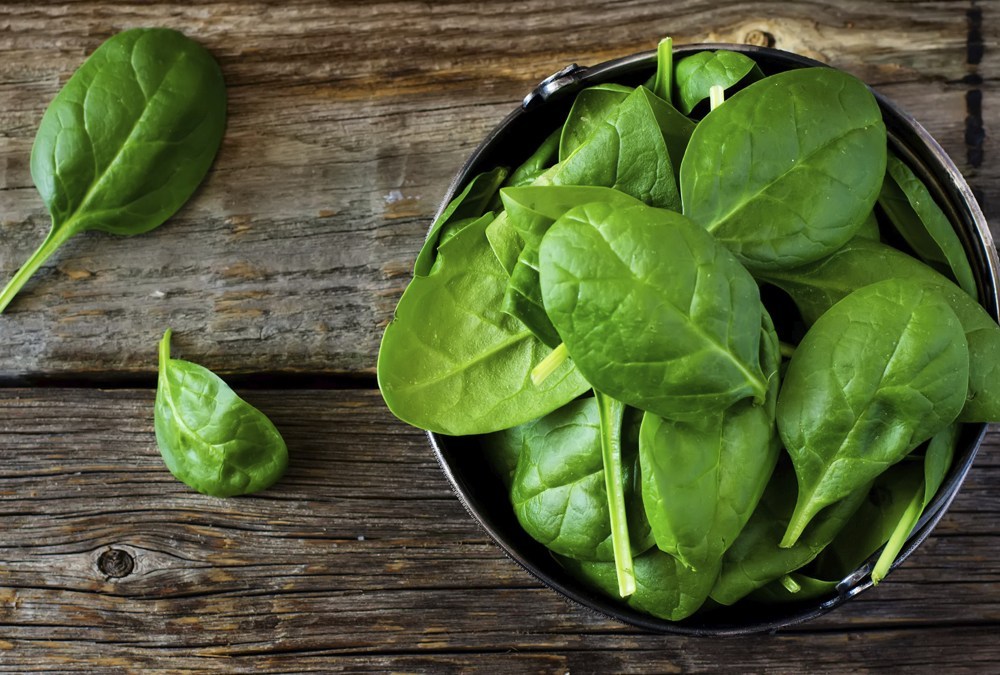Ecdysterone, a Physterol Extract From Spinach May Be classified as Prohibited Anabolic Steroid for Athletics
Source: Thailand Medical News Jul 02, 2019 6 years, 8 months, 9 hours, 35 minutes ago
Researchers from the Freie Universitat Berlin have confirmed that a phytosterol extract from spinach plants called ecdysterone, can be used to boost the performance of competitive athletes.

The research was commissioned by the World Anti-Doping Agency (WADA) to study the effects of ecdysterone, a kind of phytosteroid, on strength training. The findings of the research shows that ecdysterone greatly affects muscle cells.
Professor Maria Parr, lead researcher and a specialists in pharmaceutical analytics and metabolism has called for ecdysterone to be added to the lists of list of prohibited substances. Her call is also supported by another team members, including Prof. Patrick Diel from the German Sport University Cologne, Prof. Francesco Botrè from the anti-doping laboratory in Rome, and Dr. Catrin Goebel from the anti-doping laboratory in Sydney.
Phytosteroids belong to the chemical class of substances known as sterols and can be found naturally in plants. They are chemical derivatives of cholesterol.Some physterols completely exhibit properties similar to anabolic steroids Ecdysterone is the main component in spinach extracts. The research team was able to show that the ecdysterone affects estrogen receptor beta. Many dietary supplements on the market contain the chemical.
In the study, one group of athletes received a controlled amount of the spinach extract, ecdysterone, while another received a placebo, without any of them knowing what they were taking. After the 10-week study period, the athletes who actually took ecdysterone showed a significantly higher increase in maximum muscle strength.
In an exclusive interview with Thailand Medial News, Professor Maria Parr commented, that “Ecdysterone had already been dubbed ‘the Russian secret’ for enhancing athletic performance for several years now. Earlier studies in vitro and animal model experiments showed that it had a very strong effect on muscle cells, even stronger than anabolic androgenic steroids, such as metandienone, which are prohibited in sports.”
To facilitate other WADA accredited laboratories to detect an administration of ecdysterone in doping control samples, Professor Parr and her team developed LC-MS/MS and GC-MS methods. These methods allow doping control laboratories to integrate ecdysterone and its main metabolites into their testing procedures.
References:
Eduard Isenmann et al. Ecdysteroids as non-conventional anabolic agent: performance enhancement by ecdysterone supplementation in humans, Archives of Toxicology(2019). DOI: 10.1007/s00204-019-02490-x
Maria Kristina Parr et al. Targeting the Administration of Ecdysterone in Doping Control Samples,(2019). DOI: 10.1101/685230
Maria Parr et al. Ecdysteroids: A novel class of anabolic agents?, Biology of Sport (2015). DOI: 10.5604/20831862.1144420
Maria Kristina Parr et al. Estrogen receptor beta is involved in skeletal muscle hypertrop
hy induced by the phytoecdysteroid ecdysterone, Molecular Nutrition & Food Research (2014). DOI: 10.1002/mnfr.201300806
